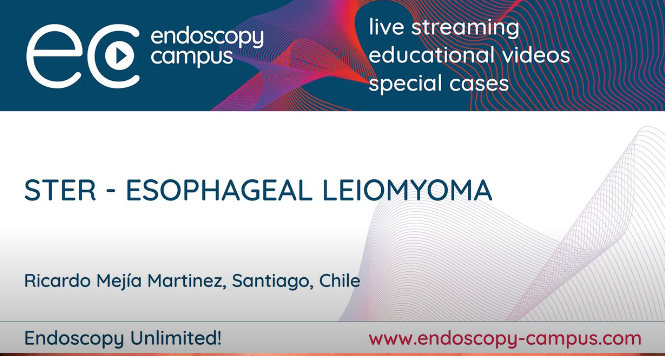Artificial Intelligence Accurately Delineates the Extent of Early Esophageal Squamous Cell Cancer
Prateek Sharma, MD, FASGE, reviewing Yuan XL, et al. Gastrointest Endosc 2022 Dec 9.
Subtle surface changes associated with early-stage esophageal squamous cell cancer (ESCC) can be difficult to detect during standard endoscopy. The primary aim of this study was to train an artificial intelligence (AI) system to detect superficial ESCC and delineate the extent of these lesions using narrow-band imaging, then test its performance.
This 3-part study consisted of training the AI system, testing the system in still images, and performing clinical evaluation in real time. Four hospitals participated in the study, which included training and internal test datasets created from patients of 1 hospital and an external test dataset from patients of the other 3 centers.
During the delineation test of the system, 11 endoscopists (5 senior, 6 junior) reviewed images and then examined the esophagus with the AI system installed on the endoscopic device. The accuracy of the AI system was 92.4% with the internal test set and 89.9% with the external test.
The AI system detected all cancerous lesions measuring larger than 50 mm or invading the submucosa in both test sets. Compared with the accuracy of endoscopists to delineate an image, the AI system was analogous to the senior endoscopists (89.6% vs 89.6%; P=1.000) and superior to the junior endoscopists (89.6% vs 74.7%; P<.001). The mean intersection over union was higher for the AI system than senior (76.0% vs 68.8%; P<.001) and junior endoscopists (76.0% vs 64.6%; P<.001). The AI system was also faster at delineating images, averaging 12 milliseconds per image, compared with 21.4 seconds per image for senior endoscopists and 33.6 seconds per image for junior endoscopists.
In the clinical evaluation, the AI system had a sensitivity of 98.6%, detecting 69 of the 70 total cancerous lesions (accuracy, 91.4%; positive predictive value, 86.3%; negative predictive value, 98.3%).

COMMENTAI systems can accurately detect and delineate superficial esophageal cancer lesions. With additional real-time studies, not only could this AI system assist in early cancer detection, but it could also assist in delineation, which could help with endoscopic resection strategies.
Note to readers: At the time we reviewed this paper, its publisher noted that it was not in final form and that subsequent changes might be made.
CITATION(S)
Yuan XL, Zeng XH, Liu W, et al. Artificial intelligence for detecting and delineating the extent of superficial esophageal squamous cell carcinoma and precancerous lesions under narrow band imaging. Gastrointest Endosc 2022 Dec 9. (Epub ahead of print) (https://doi.org/10.1016/j.gie.2022.12.003)


